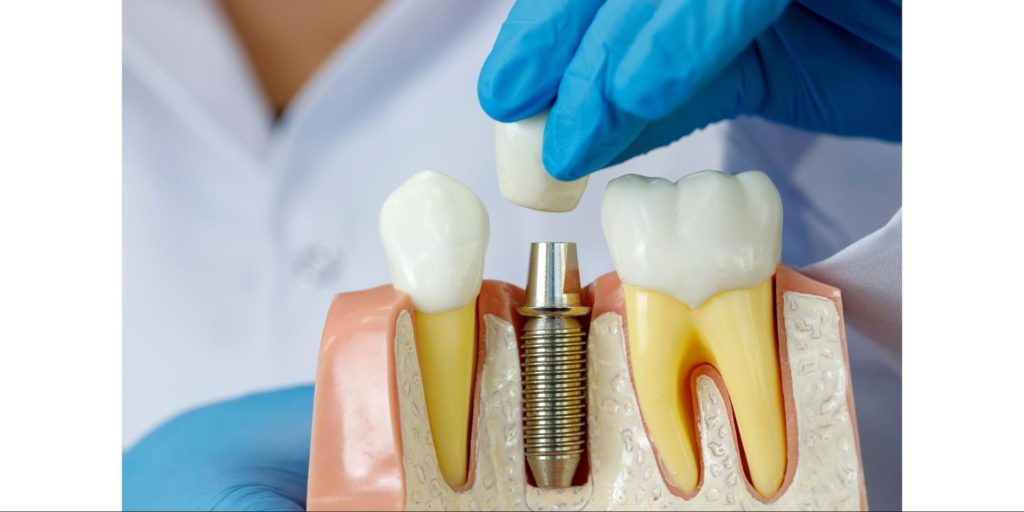Things You Need to Know About Dental Implant Problems
Taking care of your oral health contributes significantly to ensuring that your overall health is good in the long run. However, many factors can affect one’s oral health, such as diet, hygiene, tobacco or alcohol use, and even aging.
Fortunately, dental procedures are much more advanced now, providing customized treatments for kids to older adults.
Dentists can fix chips, cracks, and gaps between teeth with dental veneers or dental implants, the latter of which is a more durable and long-lasting solution.
If you’re getting a dental implant, here are the things that you should know.
What are dental implants?

Dental implants are artificial replacement teeth surgically attached to your jaw bone. A licensed dentist should conduct this procedure in a facility with proper dental equipment.
There are three common types of dental implants. First is the endosteal implant, which is considered the safest type. On the other hand, subperiosteal implants are designed for patients who don’t have enough bone in the jawline area.
Lastly, zygomatic implants are the most complicated because they’re anchored in the cheekbones instead of the upper jaw.
What factors can cause dental implant problems?

Dental implant procedures have a high success rate. However, some people experience dental implant failure shortly after a procedure or years later.
One of the factors that cause dental implant failure is gum disease. An untreated gum infection could develop around the implant.
Moreover, if you’re a smoker, you’re more likely to have a dental implant failure. Smoking limits blood flow to the gums, which delays the healing process.
Another factor is an insufficient jaw bone. If you have osteoporosis, your bone density decreases and becomes fragile.
Aside from that, poor dental maintenance and other underlying factors can cause dental implant failure. Hence, it’s important to practice oral hygiene after a procedure to avoid this problem.
Choosing a surgeon is also crucial because an inexperienced surgeon can increase the chances of dental implant failure. Although your dentist will make a referral, you’re free to choose your own surgeon.
What are the most common dental implant problems?

There are different complications that can happen after a dental implant procedure that you should keep an eye on, such as infection, micro-movements, insufficient bone support, and allergic reactions.
An infection can develop after surgery, especially among those with an autoimmune disease, smokers, or patients with bad oral hygiene.
You can also experience micro-movement of implants if it lacks stability after the procedure. Fully attaching to the jaw bone properly might take some time, so it’s essential to consult your dentist regularly.
Moreover, insufficient bone support can also result in the implant not fusing with the jaw properly. Hence, it’s essential to find a surgeon who is an expert in this procedure.
Lastly, look out for allergic reactions as this can be life-threatening. You may develop an allergic reaction to titanium alloy, which results in swelling, loss of taste, and a tingling sensation.
If you think you’re allergic to titanium alloy, you should notify your surgeon right away.
Takeaway
Getting a regular checkup and practicing proper oral hygiene are essential for your oral health. It’s also necessary to have insurance covering dental examinations and treatments for you and your family so you can commit to your appointments regularly.

